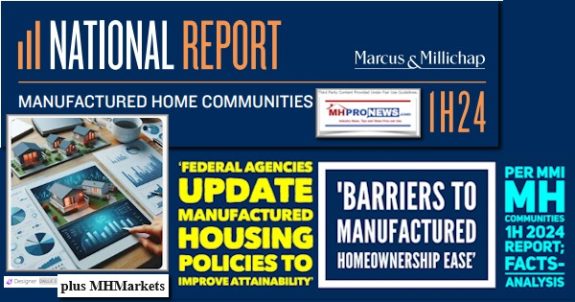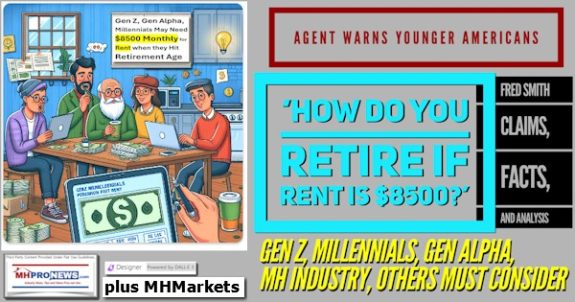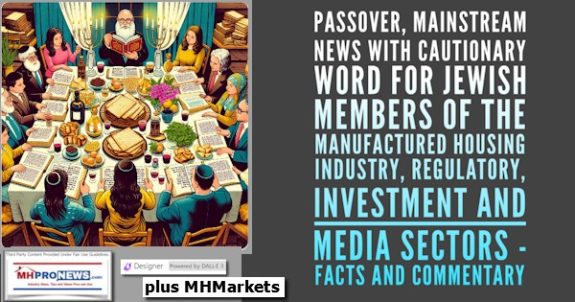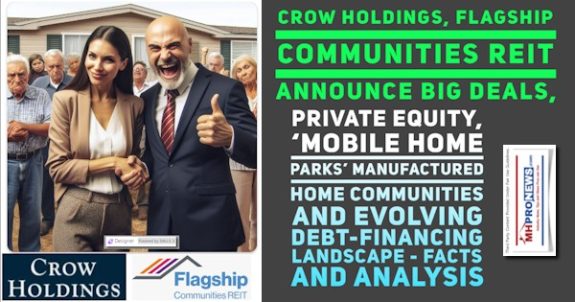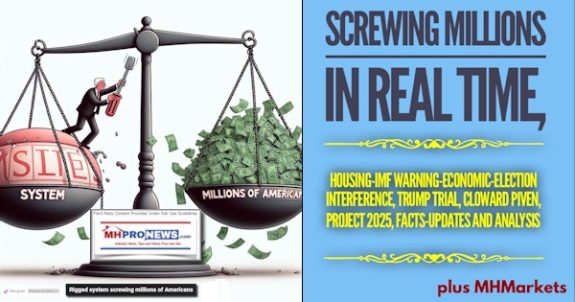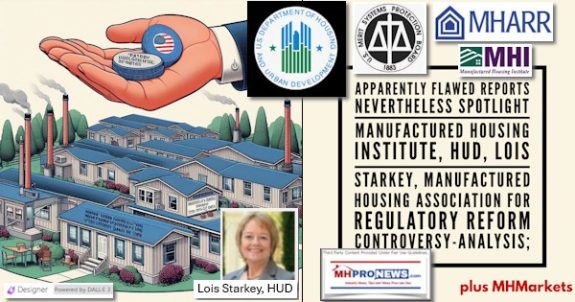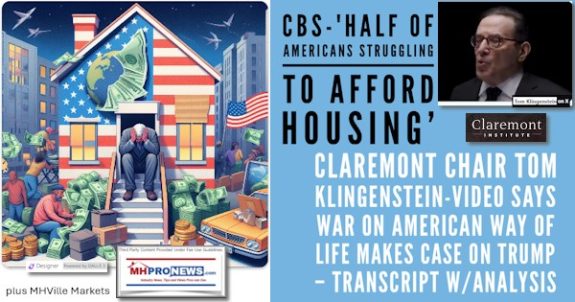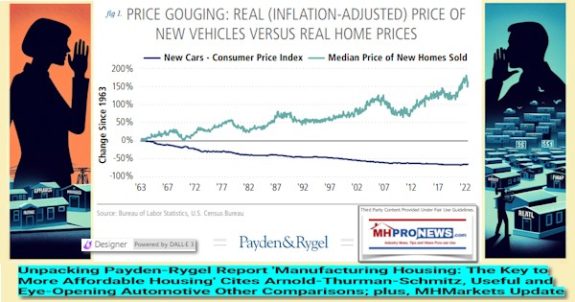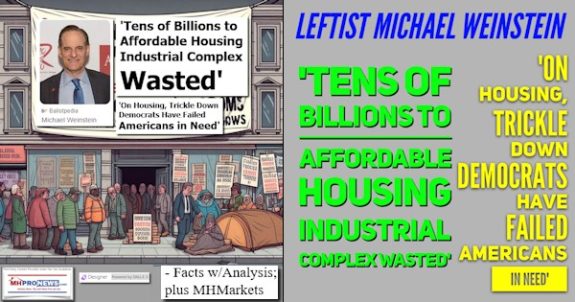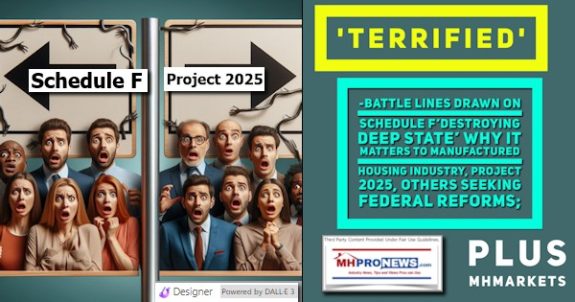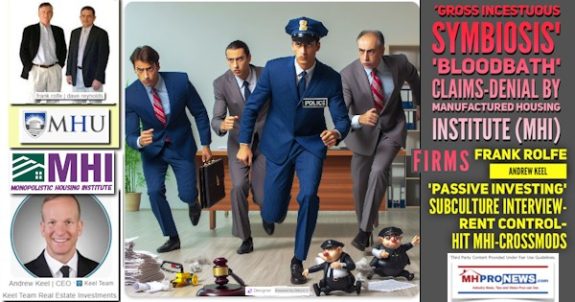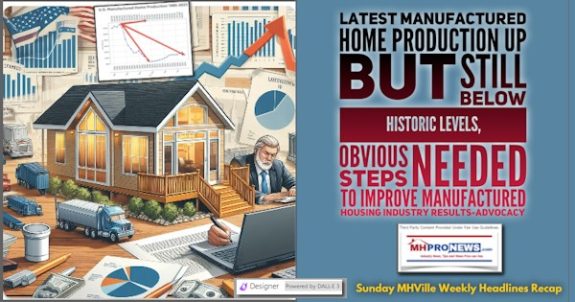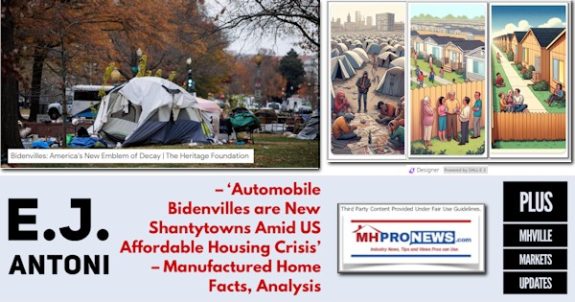
CFPB and Dodd-Frank Updates
CFPB Releases Five-Year Work Plan
On September 27th, the CFPB released for comment its 2008-2013 work plan. The plan outlines four strategic goals and eleven desired outcomes, as well as how the CFPB will measure its performance for each desired outcome.
The desired outcomes include creating, adopting, and administering regulation to promote a safe and understandable consumer financial marketplace; collecting, monitoring, responding to, and sharing data associated with consumer complaints and inquiries about consumer financial products or services; and articulating a research driven, evidence-based perspective on consumer financial markets and consumer behaviors to identify areas where CFPB intervention may improve market outcomes.
Each desired outcome is followed by performance measures the CFPB will use to assess its progress in reaching the outcome. The agency is accepting comments on the work plan through October 25, 2012. To view the plan, click here.
FDIC Holds Briefings on CFPB Mortgage Regulations
On September 27th, the FDIC held a web briefing examining CFPB mortgage-related rulemakings. The topics covered during the briefing included mortgage originator standards, appraisals for “higher-risk” mortgages, Equal Credit Opportunity Act appraisal requirements, and mortgage servicing. A copy of the materials from the briefing can be accessed by clicking here.
The FDIC will hold its next FREE briefing on Wednesday, October 10, 2012, from 2:00 p.m. to 3:30 p.m. EDT. Topics to be discussed include:
• Real Estate Settlement Procedures Act/Truth In Lending Act mortgage disclosure integration
• Ability to repay standards and the definition of qualified mortgages
• Escrow requirements for “higher-priced mortgage loans”
• New provisions for high-cost (HOEPA or “Section 32”) loans
Procedures for registering for the October 10th briefing are available by clicking here. For more information on the briefings, visit the FDIC website by clicking here.
CFPB Levels $200 Million Fine on Discover
On September 24th it was announced that Discover Financial Services became the second firm in the past three months to pay more than $200 million in civil penalties to the CFPB for using deceptive market practices. According to the American Bankers Association, the penalty is significantly higher than the typical settlement between a lender and a banking regulator and confirms suspicions that the CFPB wants to “raise the financial cost of violations.”
The CFPB and FDIC ordered Discover to pay $200 million in restitution to nearly 3.5 million customers who were charged for one or more payment protection products. This follows a recently imposed $210 million penalty against Capital One Financial Corp.
The CFPB, under Title X of the Dodd-Frank Act, has broad authority to regulate, examine, and supervise virtually any entity offering any form of consumer financial product. This includes the full range of organizations and companies financing the sale of manufactured homes, including sellers financing the sale of their own homes. Click here to view the CFPB’s examination and supervision procedures.
States Join Suit Challenging CFPB
On September 21st, it was announced that the attorneys general (AGs) of Michigan, Oklahoma and South Carolina are joining a legal suit challenging a portion of the Dodd-Frank Act that enables the U.S. Treasury Secretary to order the liquidation of failing financial institutions. The state AGs joined a suit filed in June by the Competitive Enterprise Institute and Texas-based State National Bank. The lawsuit also challenges the constitutionality of the appointment of Richard Cordray as CFPB Director. Dodd-Frank required that the CFPB director be confirmed by the Senate, but the administration used a recess appointment to install Cordray at the Agency. State AGs have not joined in this portion of the suit.
Congress Recesses until November Leaving MH Legislation in Limbo
On September 22nd, after passing a six-month stop gap continuing funding resolution to fund the federal government through March 27, 2013, the House and Senate recessed until after the November elections. Both the House and Senate cancelled a legislative work session that had been scheduled for early October. However, both chambers are now not scheduled to return until November 13th.
MHI staff had hoped legislation (H.R. 3849) amending portions of Dodd-Frank and the SAFE Act would have been marked up during the October session by the House Financial Services Committee, which would have then readied it for consideration on the House floor. Now, no official action can take place on manufactured housing-related legislation until after the elections.
Instead, MHI is now working with House Financial Services Committee Chairman Spencer Bachus (R-AL) to bring the bill up for consideration during the lame duck session, under the expedited suspensions calendar. Bills brought up under “suspension of the rules” are generally considered non-controversial and pass via voice vote, unless an objection is raised. If there are objections, the measure must pass by a two-thirds majority vote. MHI staff are working with House Financial Services Committee Ranking Member Barney Frank (D-MA) to work through any potential objections to the measure.
In addition to efforts in the House of Representatives, MHI continues to work with Senate Bill (S. 3484) sponsor Sen. Sherrod Brown (D-OH) on a potential end game for passage of the measure in that chamber. Differences exist between the two versions of the bill. And, given the compressed time frame that Congress will be working under in November, there is little time to resolve differences between the two bills.
MHI continues its work building support for both H.R. 3849 and S. 3484 introduced in the House and Senate that would amend portions of the Dodd-Frank and SAFE Acts and provide some modest relief to the manufactured housing industry. In order to demonstrate the broad bipartisan support that exists for the legislation, additional co-sponsors are needed.
Assistance is needed from manufactured housing industry stakeholders to contact their U.S. Representatives and Senators and urge them to co-sponsor these bills. Click here for more information.
Roundtable Themes Point to Rebound and Revitalization
The Manufactured Housing Institute (MHI) participated in the 21st International Networking Roundtable, held September 12th-14th in San Diego, Calif., where MHI President and CEO Dick Jennison took the opportunity to educate the approximately 250 members of the land-lease community sector of the manufactured housing industry on the work that MHI has undertaken to minimize or eliminate the negative impacts of the Dodd-Frank Wall Street reform legislation. He also outlined the benefits and importance of the National Communities Council, the only national organization devoted to advancing the interests of manufactured home community owners, managers, developers, lenders, brokers and service suppliers.
Hosted by Community Investor, GFA Management, Inc., and PMN Publishing, the annual gathering of the land-lease manufactured home communities industry drew approximately 250 attendees from 27 states to discuss the state of land-lease communities.
Reinforcing the sentiments of other manufactured housing industry events over the past 12 months, the meeting featured three key themes: 1) a renewed or new confidence in the role and value of land-lease manufactured home communities; 2) innovation on the part of manufactured home builders in terms of new, creative designs for homes built specifically for placement in land-lease communities, as well as new financing programs designed to assist communities to retain residents and boost occupancy rates; and 3) the continuing need for dialogue between financial lenders/analysts and community owners on how to accurately valuate land-lease communities.
On the first point – renewed or new confidence in land-lease communities – more than two dozen investors declared their strong interests in acquiring land-lease communities across all regions of the country. As to the issue of innovation by manufacturers in home designs, there were numerous “business development officers” from major manufacturers who were there with the sole focus of reaching out to community owners to showcase their new series of manufactured homes designed specifically to accommodate the smaller lot sizes of older land-lease communities.
Another key factor in maintaining manufactured home communities is helping community owners and managers keep their occupancy rates strong and ensure the financial viability of communities. Several new financing programs designed to build partnerships between the financial services sector and community owners, such as the c.a.s.h. Lending Program from 21st Mortgage Corp., were highlighted and generated a significant interest on the part of the community owners.
The meeting was not without some points of debate. There was continuing concern voiced over how financial analysts and investors valuate land-lease communities, with many community owners encouraging analysts and investors to rethink their valuation formulas and approaches. “Such open communication and debate,” Jennison noted, “ are the proper way to creating valuation methods that serve both the investors’ and owners’ interest. “
All of these meeting themes – even the need for ongoing dialogue – reinforce the positive outlook for manufactured housing industry. This meeting confirmed that these positive signs demonstrate that land-lease manufactured home communities will be part of the broader industry rebound.
Land-lease manufactured home communities are critically important to the residents who live and depend on them for a “quality-of-life” hard to find elsewhere in today’s housing marketplace, as well as to the owners and operators who have invested so much time, energy and resources to build and maintain their communities. It is genuinely encouraging to see and hear at this meeting that all forces within the communities sector are moving in the right direction and looking at the future with confidence and innovation. Such sentiments bode well for both the communities sector and the manufactured housing industry at large.
MHI Tells FHFA the Use of Eminent Domain Will Cause Irreparable Damage to the Recovering Housing Market
In response to a request by the Federal Housing Finance Agency (FHFA) for comments, MHI expressed its opposition to the current proposals to use eminent domain to take mortgages from residential mortgage-backed securities (RMBS) held in existing investment portfolios and restructure such loans through FHA and Ginnie Mae.
The proposal raising the most controversy is under consideration by San Bernardino County although other communities such as Sacramento, Chicago, Suffolk County, New York and Detroit, are also considering similar programs.
MHI said that the use of eminent domain to restructure performing loans will have an adverse impact on residential lending, including personal property manufactured home lending. MHI said that the use of extreme measures such as eminent domain would have a severe, negative impact on mortgage and investor markets, and therefore on mortgage borrowers. “The use of eminent domain will result in tremendous risk for lenders and will limit further the amount of credit available to potential homebuyers. It could cause irreparable damage to the recovering national housing market.”
MHI told FHFA that the lack of a secondary market, proposed regulations of the Consumer Financial Protection Bureau, and the risk-adverse lending environment of the last several years has led to an extremely limited supply of credit for eligible borrowers who wish to purchase a manufactured home. “The drastic use of eminent domain would be the last straw.” The 22 million Americans currently residing in manufactured homes could see the ability to resell their homes effectively wiped out because lenders would be unwilling to provide the financing.
MHI’s letter also questioned the legality of such proposals, saying that they constitute a “private taking” in violation of the Fifth Amendment’s “public use” requirement for an exercise of the power of eminent domain. Such proposals may also violate both the commerce and contract clauses of the constitution, because they interfere with existing investor contract and attempt to regulate interstate commerce.
MHI urged FHFA to take all measures necessary to inform localities of the impact of such proposals to use eminent domain to reduce foreclosures, and to prevent such use to restructure performing mortgage loans.
Click here to view the letter.
FEMA Announces Awards for Temporary Housing Units
On September 26th, FEMA announced five awards for the construction of temporary housing units (THU’s). Three of the award winners are currently HUD-Code builders, and include two MHI members, Champion Home Builders, Inc. and American Home Star Corporation. The third HUD-Code builder receiving an award is ScotBilt Homes from Waycross, Georgia. Two companies who received awards don’t currently build HUD-Code homes, and will likely contract with other HUD-Code builders or will need to obtain certifications from HUD to build to the HUD Code. Each award is for up to $289,000,000. Contract awards are for one year, with an option by FEMA to extend the awards for six months. All homes will be built based on FEMA’s performance specifications based on the HUD Code.
It is unclear how many temporary housing units FEMA will order, although it could be as many as several thousand. FEMA’s stock of temporary housing units is at an all-time low, as it is currently redeploying refurbished units to meet its recent disaster needs in New Orleans.
The award is the result of a year-and-a-half long process. FEMA held an Industry Day in June 2011 to discuss the feasibility of producing small HUD temporary housing units to meet future disaster housing needs. MHI, through its Disaster Housing Force, developed a number of consensus recommendations, a number of which were adopted by FEMA to improve the procurement process and enhance the industry’s partnership with FEMA. For more information regarding FEMA’s award, and MHI Disaster Housing Task Force Recommendations, Click here.






